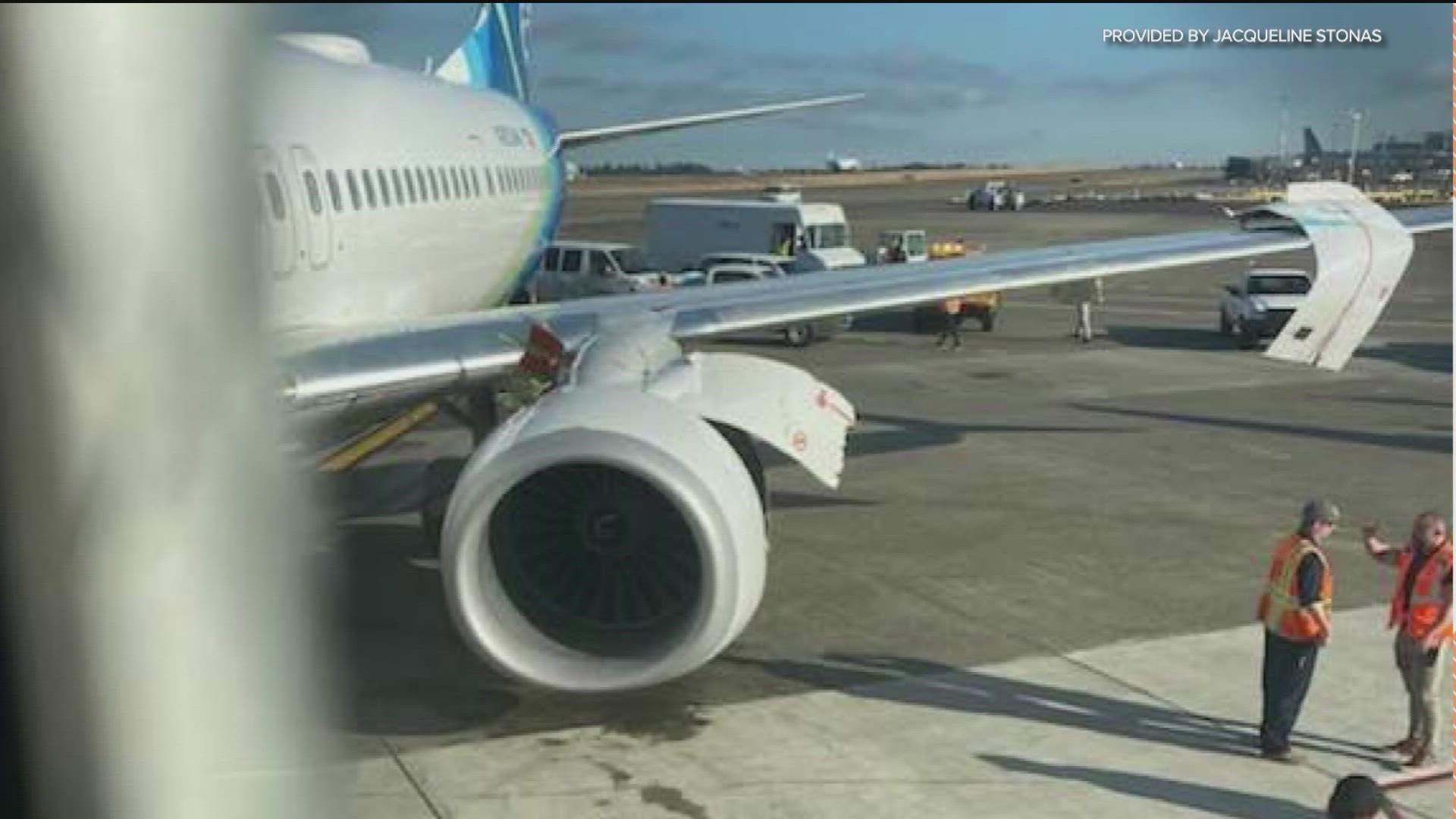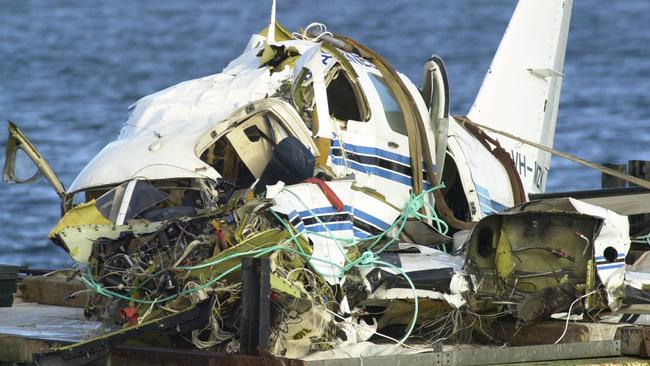28, Aug 2023
Alaska Airlines Flight 2025: A Miraculous Escape From Disaster
Alaska Airlines Flight 2025: A Miraculous Escape from Disaster
Related Articles: Alaska Airlines Flight 2025: A Miraculous Escape from Disaster
- Super Bowl 2025: A Historic Night Of Gridiron Glory
- Is 25x A Perfect Square?
- World Population By 2025: Projections, Trends, And Implications
- 2025 Infiniti QX80: A Comprehensive Review
- The 2025 Ford Escape: A Comprehensive Overview
Introduction
With great pleasure, we will explore the intriguing topic related to Alaska Airlines Flight 2025: A Miraculous Escape from Disaster. Let’s weave interesting information and offer fresh perspectives to the readers.
Table of Content
Video about Alaska Airlines Flight 2025: A Miraculous Escape from Disaster
Alaska Airlines Flight 2025: A Miraculous Escape from Disaster

Introduction:
On January 31, 2000, Alaska Airlines Flight 2025, a McDonnell Douglas MD-83, crashed into the Pacific Ocean shortly after takeoff from Los Angeles International Airport (LAX), killing all 88 passengers and crew on board. The tragedy sent shockwaves through the aviation industry and sparked a thorough investigation into the causes of the crash. This article delves into the events leading up to and during the fatal flight, exploring the factors that contributed to the disaster and the lessons learned from this tragic incident.
The Flight and its Crew:
Alaska Airlines Flight 2025 was scheduled to depart LAX at 8:30 AM PST and arrive in San Francisco International Airport (SFO) at 9:45 AM PST. The flight was operated by an experienced crew: Captain Ted Thompson, a 53-year-old veteran pilot with over 15,000 flight hours; First Officer William Tansky, a 42-year-old former Navy pilot with 8,000 flight hours; and Flight Attendant Michelle Higgins, a 35-year-old with over 10 years of experience.
Departure and Initial Climb:
The flight took off from LAX at 8:33 AM PST, 3 minutes behind schedule. The initial climb appeared normal, and the aircraft reached an altitude of approximately 1,800 feet. However, moments later, the crew reported experiencing problems with the aircraft’s horizontal stabilizer.
Horizontal Stabilizer Malfunction:
The horizontal stabilizer is a crucial flight control surface located at the tail of the aircraft. It is responsible for maintaining stability and controlling the aircraft’s pitch (up and down movement). During the climb, the crew noticed that the horizontal stabilizer was not responding properly to their inputs.
Crew’s Response:
As the aircraft began to pitch up and down uncontrollably, the crew attempted to troubleshoot the problem. They disengaged the autopilot and switched to manual control, but the aircraft continued to behave erratically. The crew declared an emergency and attempted to turn the aircraft back towards LAX.
Descent and Crash:
Despite the crew’s efforts, the aircraft lost altitude rapidly. Within minutes, it descended into the Pacific Ocean, approximately 6 miles off the coast of Point Mugu, California. The impact with the water was catastrophic, killing all 88 people on board instantly.
Investigation and Findings:
The investigation into the crash of Alaska Airlines Flight 2025 was conducted by the National Transportation Safety Board (NTSB). The investigation revealed that the cause of the disaster was a faulty jackscrew assembly in the horizontal stabilizer. The jackscrew had become loose, causing the stabilizer to move erratically and ultimately leading to the loss of control.
Contributing Factors:
In addition to the mechanical failure, the investigation also identified several contributing factors to the crash:
- Inadequate Maintenance: The jackscrew assembly had not been properly inspected and lubricated during a recent maintenance check.
- Lack of Redundancy: The aircraft’s design did not include a backup system for the horizontal stabilizer.
- Pilot Training: The crew had not received sufficient training on how to respond to a jackscrew malfunction.
Lessons Learned:
The tragedy of Alaska Airlines Flight 2025 highlighted several important lessons for the aviation industry:
- Importance of Maintenance: Regular and thorough maintenance is crucial to ensure the safety of aircraft.
- Need for Redundancy: Aircraft should be designed with backup systems for critical flight control surfaces.
- Enhanced Pilot Training: Pilots must receive comprehensive training on how to handle emergencies and respond to system failures.
Aftermath and Legacy:
The crash of Alaska Airlines Flight 2025 had a profound impact on the airline industry and the families of the victims. Alaska Airlines implemented a comprehensive safety review and made significant changes to its maintenance procedures and pilot training programs. The NTSB also issued new regulations requiring aircraft manufacturers to improve the reliability and redundancy of flight control systems.
The tragedy also led to the creation of the Alaska Airlines Flight 2025 Memorial Scholarship Fund, which provides financial assistance to students pursuing careers in aviation. The scholarship fund serves as a lasting tribute to the victims and a reminder of the importance of aviation safety.
Conclusion:
The crash of Alaska Airlines Flight 2025 was a tragic event that resulted in the loss of 88 innocent lives. The investigation into the disaster revealed a combination of mechanical failure, inadequate maintenance, lack of redundancy, and insufficient pilot training as contributing factors. The lessons learned from this tragedy have led to significant improvements in aircraft design, maintenance, and pilot training, enhancing the safety of air travel for all. The Alaska Airlines Flight 2025 Memorial Scholarship Fund continues to honor the victims and inspire future generations of aviation professionals to prioritize safety and excellence in their careers.







Closure
Thus, we hope this article has provided valuable insights into Alaska Airlines Flight 2025: A Miraculous Escape from Disaster. We hope you find this article informative and beneficial. See you in our next article!
- 0
- By admin
